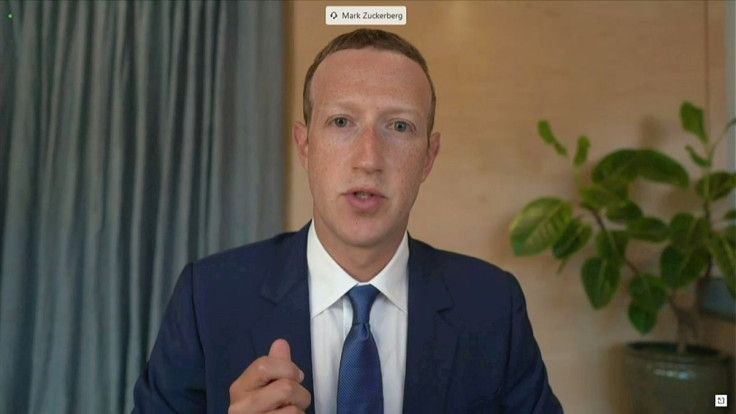Meta's Mark Zuckerberg Has Bone To Pick With Elon Musk's Plan For Neuralink's Brain Chip
KEY POINTS
- Zuckerberg revealed that Meta is working on a neural tech
- This tech would be used on wearable devices
- Zuckerberg shared his opinion on Musk's brain chip tech
Meta CEO Mark Zuckerberg has some hatchet job on the brain chip technology of Elon Musk's Neuralink and noted that "normal people" would not want to have chips on their brains soon.
Musk's Neuralink has been under fire over the past months as he optimistically revealed that the brain chip technology is nearing human testing. But, on the Joe Rogan Experience podcast, Zuckerberg shared his opinion about the initiative.
"Normal people, I think, in the next 10 or 15 years are probably not going to want to get something just installed in their brain for fun," Zuckerberg jokingly told Rogan. "Some people, like Elon with Neuralink and those companies, that's just taking this like super far-off. I mean, maybe it'll be ready in a couple of decades," the Meta CEO added.

Zuckerberg also mentioned that people would "want the mature version of that [technology], not the one where it's gonna get a lot better next year, and you need to get your brain implant upgraded every year." During the interview, the Meta CEO disclosed that his company is currently studying neural interface technology as part of its metaverse initiative.
Zuckerberg shared that Meta is mainly focused on a kind of tech used in wearable devices that can pick up signals from the brain but do not send back data to it. A device where users can communicate brain signals via movement like a flick of the wrist.
"You'll be able to have this experience in the future where you're sitting in a meeting and your wife texts you, and it pops up in the corner of your glasses, and you want to respond, but you don't want to like pull out your phone because that's kinda rude," the CEO shared a scenario when such technology could be used. "By using neural interface tech, a person could "twitch your wrist a little bit... like some super discreet motion that no one even knows you're doing it and you send a message," he added.
"The super-hard part here is going to be having a computer give you information straight into your brain, and that's not a thing that we're working on," the CEO clarified.
© Copyright IBTimes 2025. All rights reserved.






















